Breaking gender bias in advertising
2019-06-26GoldenBeeadmin0010

How can gender bias in advertising be eliminated, and how can children have the choice and freedom to be themselves by promoting positive gender norms through effective advertising? In the 14th International CSR Forum, UNICEF and China Sustainability Tribune co-hosted a forum themed on “Child Rights in Marketing - Promote Positive Gender Socialization through Effective Advertising”.
Experts from the brands, advertising agency, advertising industry association and media exchanged their views on how can enterprises identify and reduce the negative impact of marketing on children’s rights, and integrate gender equality into corporate advertising and marketing, promoting the establishment of corporate brand image and reputation at the same time.
The forum was moderated by Lin Bo, Vice President of GoldenBee (Beijing) Management Consulting Co., Ltd., Gerda Binder, Senior Regional Gender Adviser, UNICEF East Asia & Pacific, and Zhang Guohua, President of China Advertising Association (CAA), successively made keynote speeches on “Promoting Positive Gender Socialization through Effective Marketing” and “Children Rights Protection in China's Advertising Policies”.
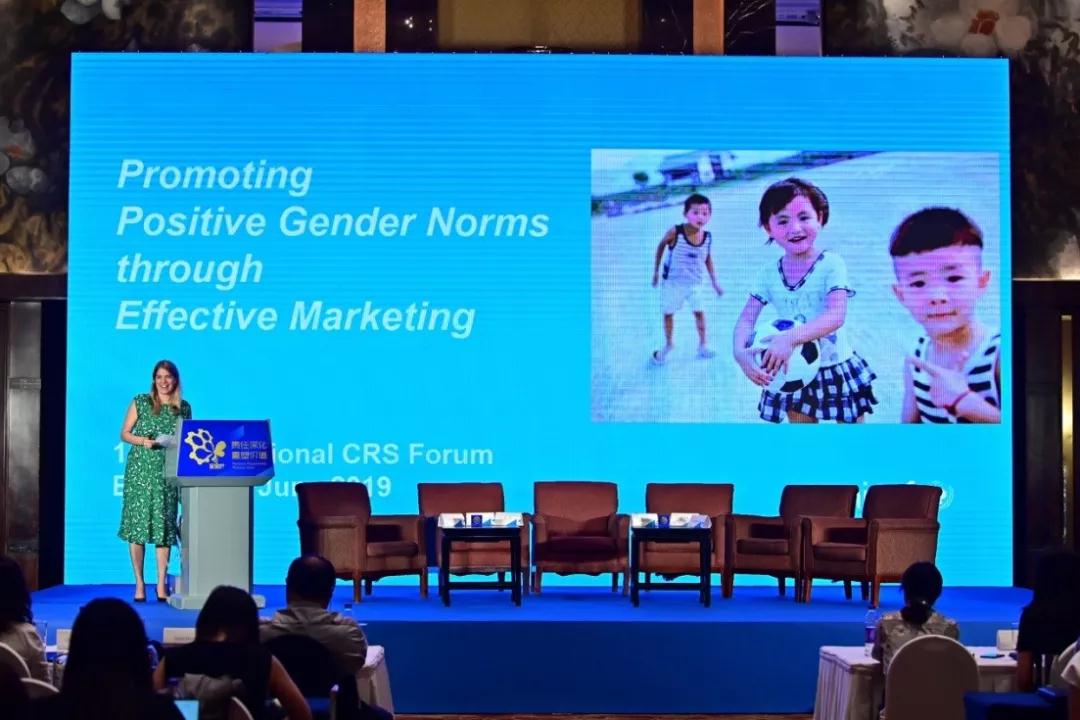
Gerda Binder said, gender socialization is the way that people identify gender by learning the rule of being a girl or a boy from their family, peers, social networks and other social mechanisms. Gender socialization begins at birth and intensifies during adolescence. The concept of gender for children is formed in early childhood, between the ages of 3 to 7. Children in this age gradually develop strong gender biases, such as men and women should have different division of labor.
Commercial marketing has a powerful influence: through female & male, girl & boy images shaped by advertising, harmful gender norms and roles may become worse, for example, pressure on girls to look beautiful, and limits on development opportunities of girls and boys. Likewise, advertising can also become a force for positive change. If positive values are included in advertising and gender stereotypes are eliminated, positive gender socialization can be promoted, and more values will be brought to brands.
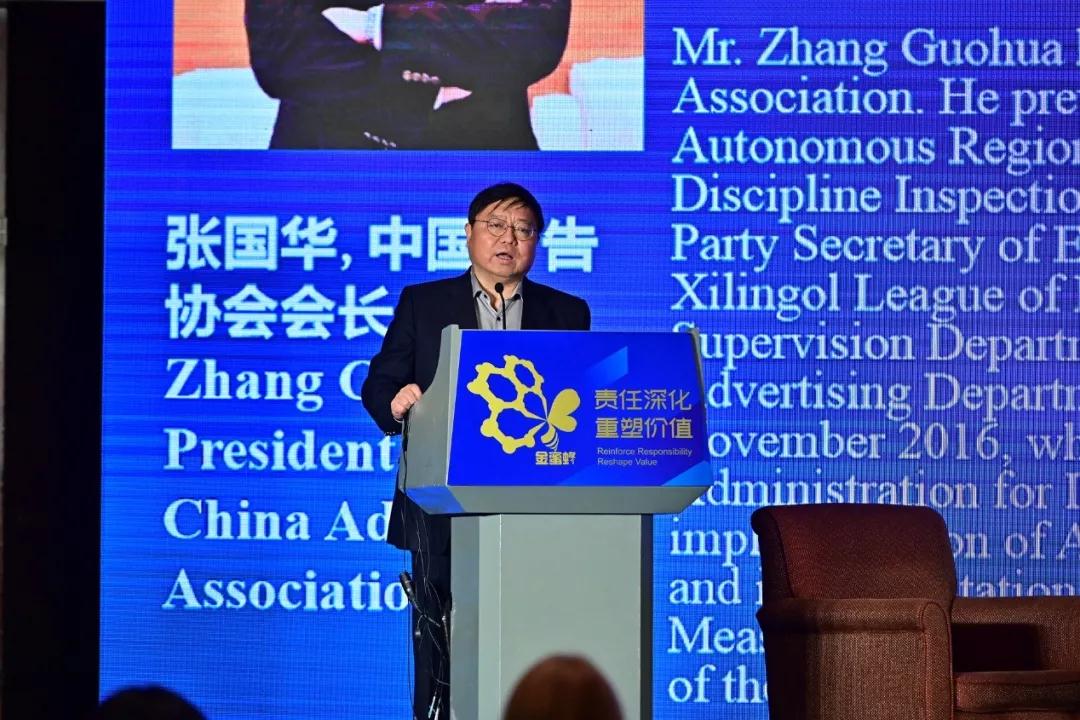
In the speech, Zhang Guohua said Chinese President Xi Jinping, once stressed that “advertising should be guided” by not only policies, but also the socialist core values which included an important content of “civilization”. Therefore, gender equality and protection of children's rights shall be stressed in advertising.
Advertising is a commercial activity with pervasive influence, and children can be easily affected by the external world, so advertising has a great influence on children. In the existing advertising laws and advertising supervision in China, protection of children and gender equality are stressed, but that does not mean that every advertiser or every designer has such awareness. As an industry association, the China Advertising Association will put forward more high-level requirements in the industry to make the advertising industry publicize more positive voices and ideas.
Promoting positive gender socialization jointly by stakeholders
During the panel discussion, Kristy Hu, General Manager of KISPA Marketing, LIBY Group, Chen May Yee, APAC Director of the Innovation Group, JWT Intelligence, Meng Yajuan, Director of Legal Affairs Department, CAA, Tang Liheng, DOVE Senior Brand Manager, Unilever China, and Gerda Binder, Senior Regional Gender Adviser, UNICEF East Asia & Pacific, respectively introduced their researches and practices in eliminating gender bias in advertising and promoting positive gender socialization, and discussed the efforts can be contributed by all stakeholders.
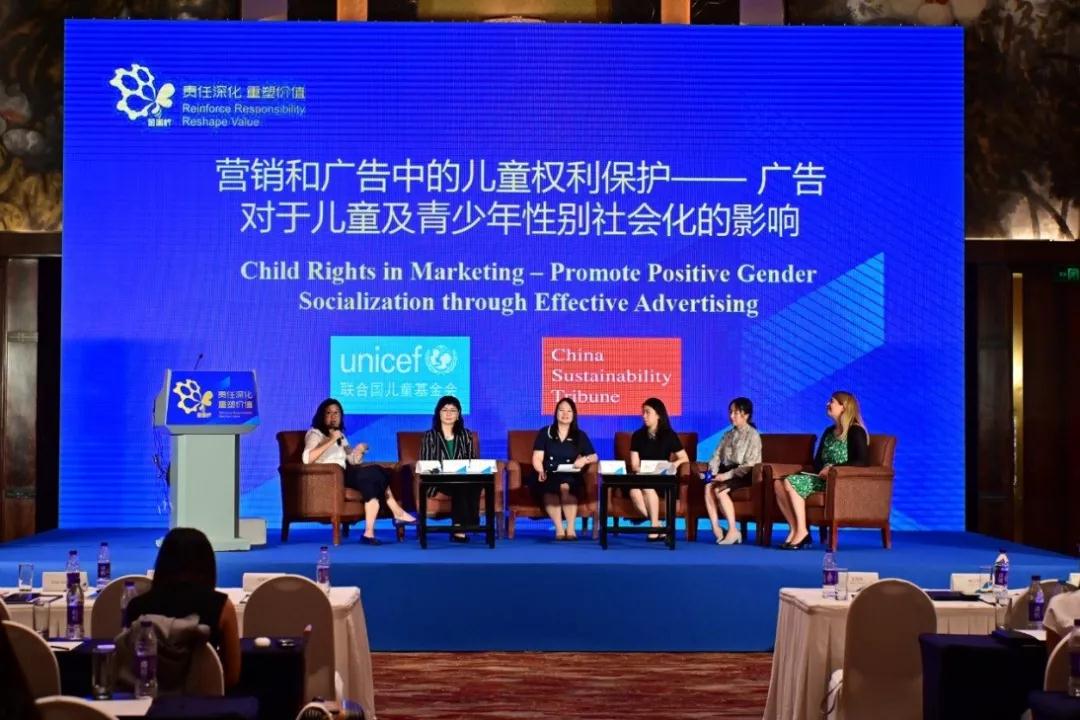
【Insights from Brands】
Promoting positive gender socialization in advertising and marketing
Promoting positive gender socialization in advertising and marketing
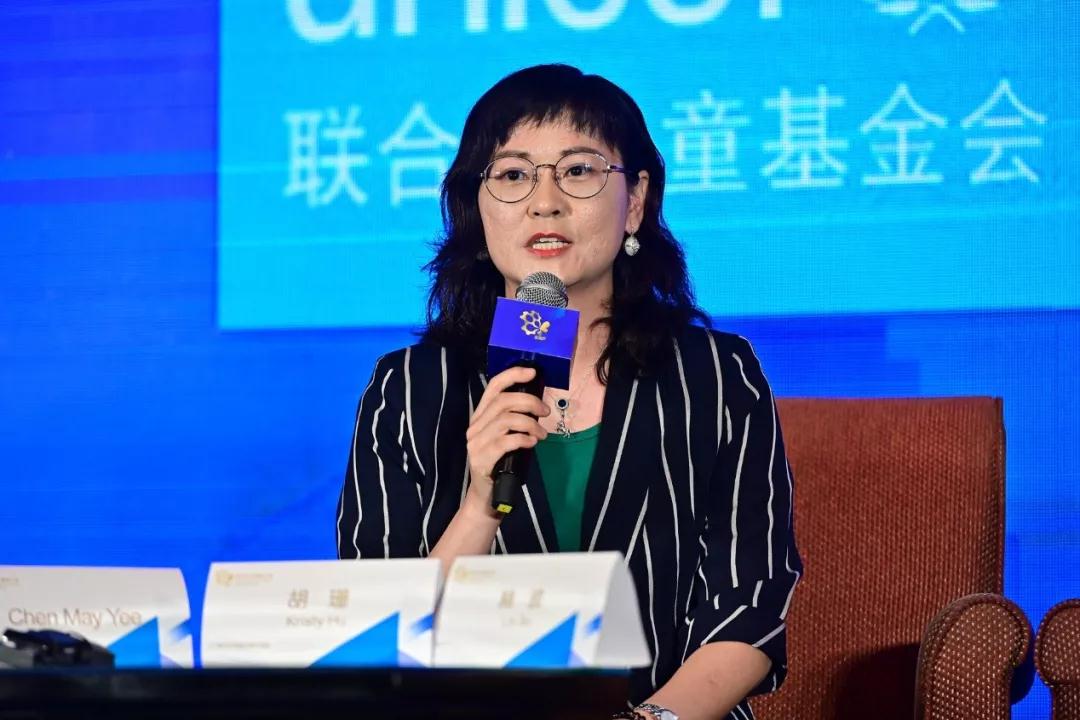
Kristy Hu, General Manager of KISPA Marketing, LIBY Group, introduced that, when sponsoring an entertainment program named “Dad, Where Are You Going”, a very serious social phenomenon was discovered by LIBY: fathers' absence from homes makes their high quality companionship for children rare. Therefore, LIBY Group decided to change the brand name from “Quziba KISPA” to “Good Father KISPA” in order to advocate father's integration into family education and responsibilities, building a good family relationship.
This kind of brand transition has attracted the attention of the general public and has won many awards, confirming the correctness of this transition.
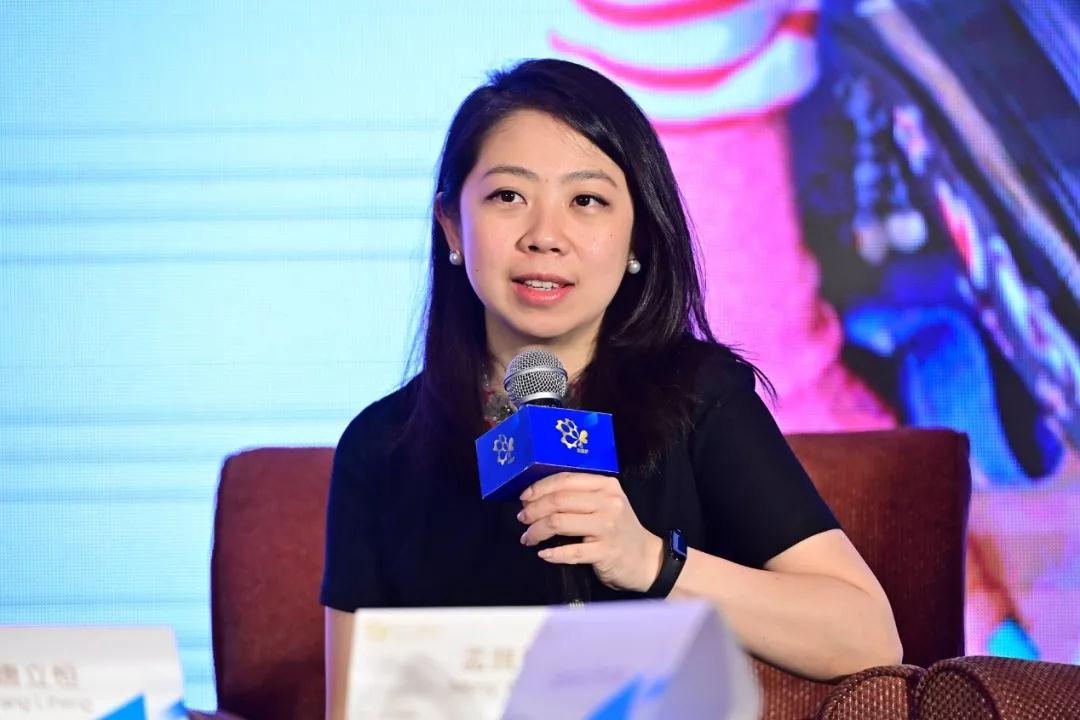
In promoting women to have correct knowledge of beauty, DOVE, a personal care brand owned by Unilever, has many practices. Tang Liheng, Senior Brand Manager of DOVE, introduced that in May 2019, DOVE released a report Things That 65% of Chinese Young Girls Don’t Want to Tell You. This report shows that 65% of these girls have some confidence or no confidence in their appearance. Even over 70% of these girls have deliberately been on a diet for a long time. Due to unsatisfied with their appearances, they sometimes refuse to participate in family activities or social activities. The result will limit the full realization of the potential of these girls.
In view of this phenomenon, DOVE put forward “DOVE Self-esteem Program” to tell the kids that there is no single standard for the perfect appearance. Appearance will be changed with your practice and the space. DOVE Self-esteem Program aims to teach the kids how to look at and distinguish the images around us, including commercial advertising and media, and how to treat the sharing in their social circle as well as how to treat comparison and the real thoughts behind the comparison.
【Insights from Advertisers】
Timely detecting the changes in the audience and making good advertisement with brands
Timely detecting the changes in the audience and making good advertisement with brands
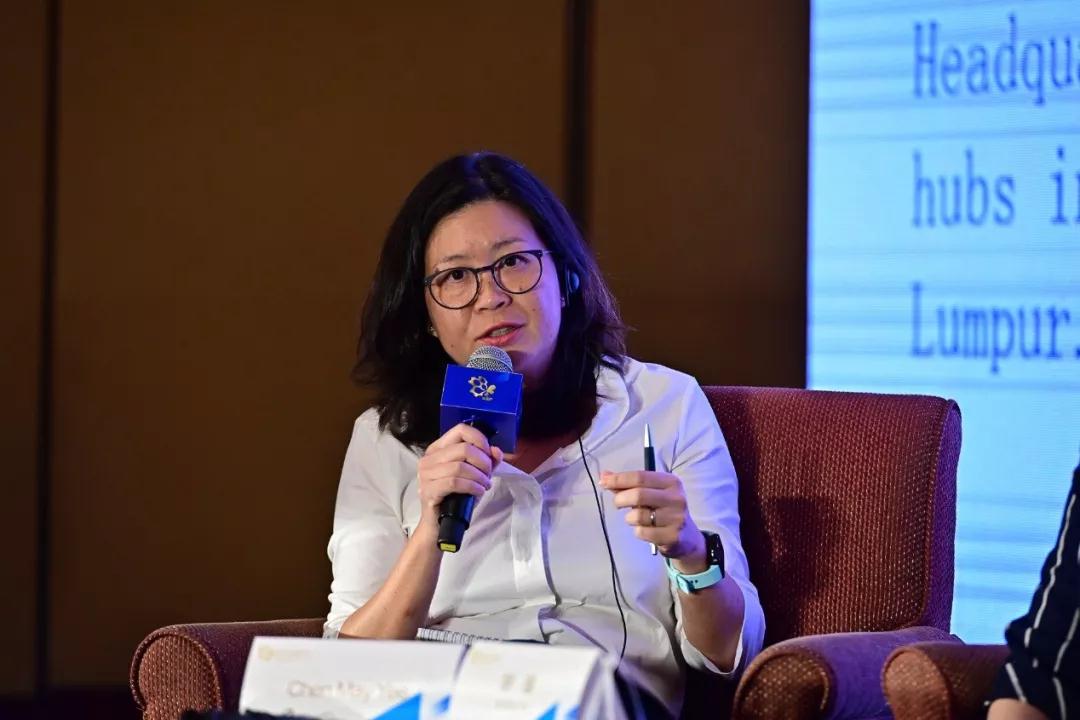
Chen May Yee introduced a study of JWT made in 2017. JWT analyzed over 2,000 advertisements in Festival De Cannes from 2006 to 2016. The study shows that female accounts for 1/3 of the roles in commercial advertisement while male’s screen time is 4 times of that of female, showing a relatively big gender inequality.
However, as we can see, the situation is getting better. We can see superwoman in the films and female images with different colors, figures and occupations in the advertisements.
In the process of producing an advertisement, the advertising company will discuss the brand concept, the way of presentation together with the brand owner and transmit correct values by advertisement.
【Insights from Industry Association】
Guiding the industry by laws, regulations and relevant standards
Guiding the industry by laws, regulations and relevant standards
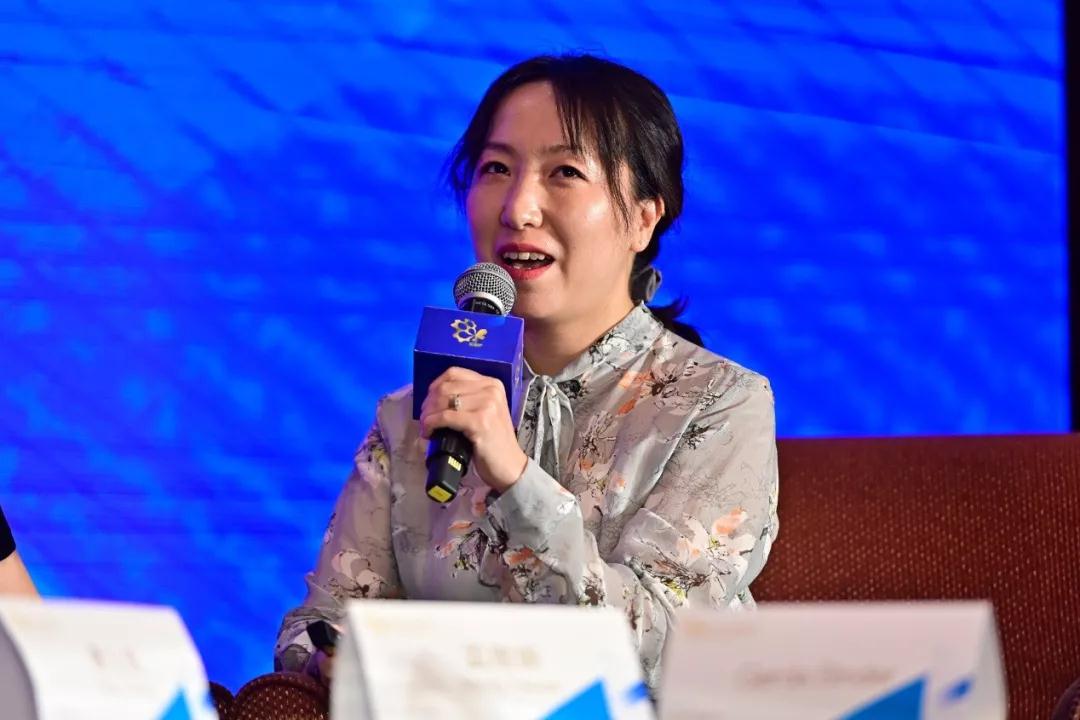
Meng Yajuan, Director of Legal Affairs Department, CAA, participated in the revision of the newAdvertising Law. She said multiple clauses involving the protection of minors have been added in the revision in 2015, a highlight of the legislation. It stipulates:
- It is prohibited to send any form of tobacco advertising to minors;
- Minors under the age of 10 shall not be used as advertising spokespersons;
- Advertising activities shall not be carried out in primary and middle schools or kindergartens;
- Advertisements for health care, drugs, health food, medical devices, cosmetics, alcohol and beauty products, and online game advertisements that are not conducive to the physical and mental health of minors shall not be published in the mass media targeting minors;
In other laws, regulations and relevant standards as well as provisions in the Advertising Law, there are also provisions for the protection of the rights of the minors.
【Insights from International Organization】
Only advertisement advocating equality and diversity is good
Only advertisement advocating equality and diversity is good
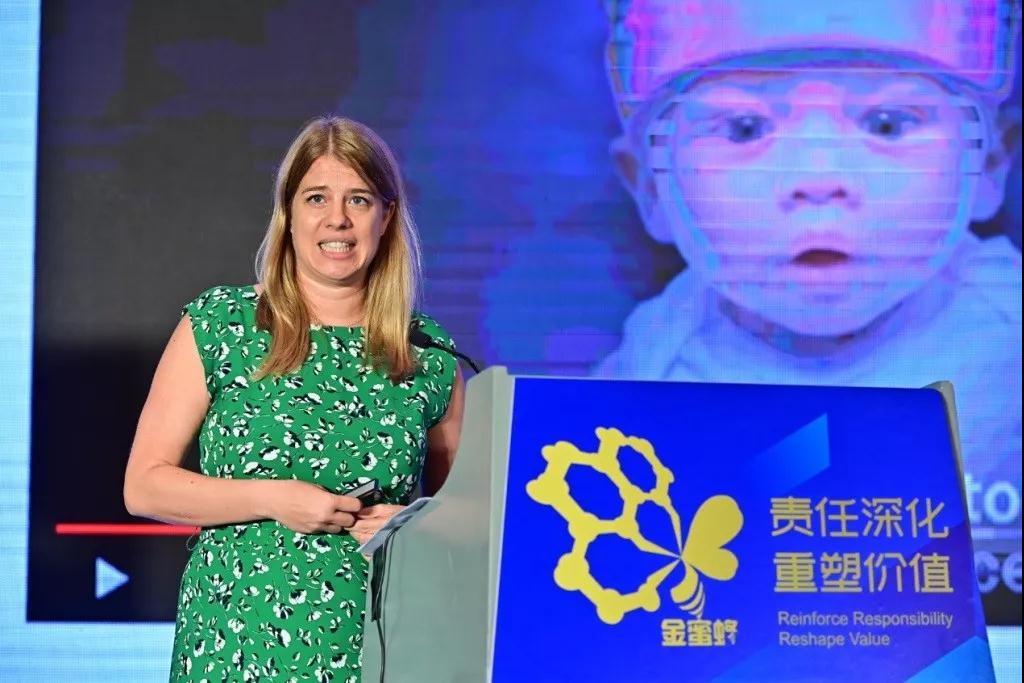
During the forum, Gerda Binder stressed that a good advertisement should not have gender stereotype to set the roles of men and women. In the business environment, we also wish there were good marketing methods to embrace equality and diversity.
During the panel discussion, some panelists said not a single brand owner or advertiser can break gender bias in advertising. All stakeholders such as families, societies, governments, industry associations, international organizations and media should work together to build a sound environment for the children to grow.
Best Practices
- The 100-year brand — Air Liquide also has a sense of juvenile
- Beijing Public Transportation Corporation: Developing green transportation to build a harmonious and livable capital
- CGN: Building a modern factory in barren deserts and developing a new win-win cooperation model along “Belt and Road”
Upcoming Event

All the materials on the site “Source: XXX (not from this site)” have been reprinted from other media. They do not imply the agreement by the site.
All the materials with “Source: CSR-China Website” are the copyright of CSR-China Website. None of them may be used in any form or by any means without permission from CSR-China Website.
GoldenBee Official WeChat
Copyright © Csr-china.net All Right Reserved.
京ICP备19010813号










